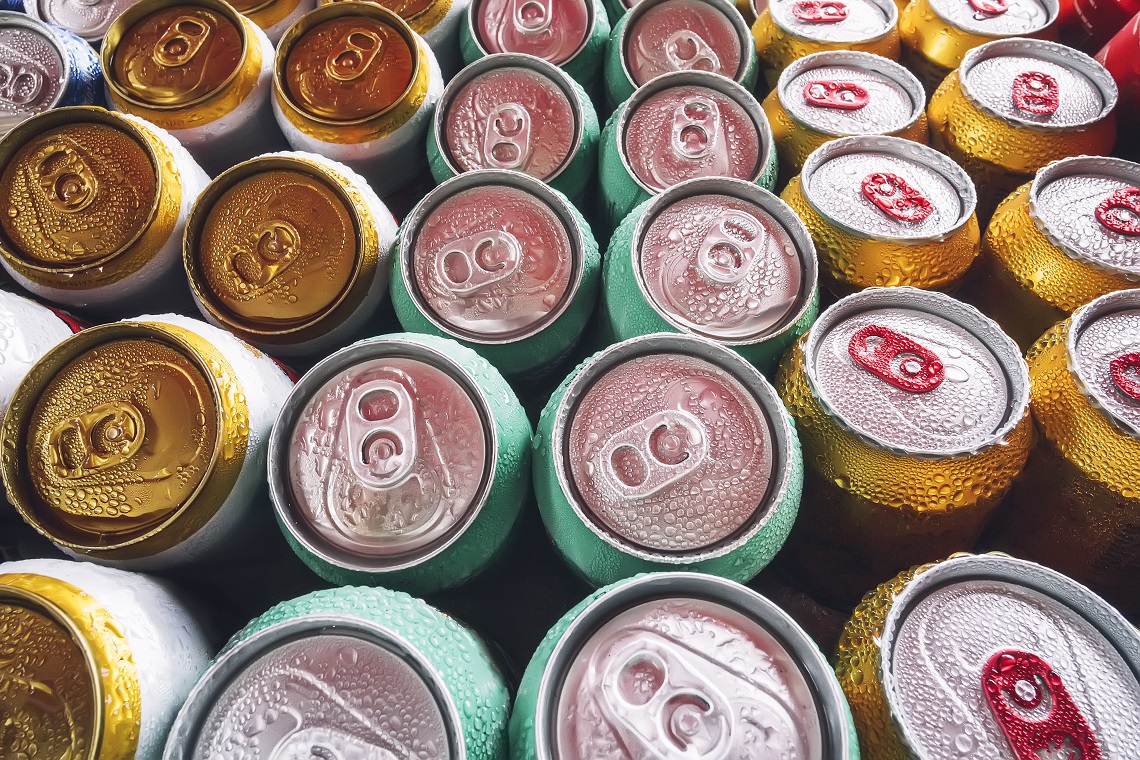The Australian Taxation Office (ATO) is undertaking activities and reviewing arrangements as it looks to combat the manufacture, distribution and sale of illicit alcohol.
The ATO said it is focusing arrangements on retailers who are “knowingly or recklessly” purchasing illicit alcohol for the purposes of resale. Illicit alcohol refers to excisable alcohol on which duty has not been paid or otherwise properly acquitted. Duty is ordinarily paid by an excise licensed manufacturer or distributor and is embedded in the price of the product.
The ATO says retail outlets include, but are not limited to, retail bottle shops, bars and restaurants.
In issuing a Taxpayer Alert about its plans, the ATO said: “The arrangements described in this Alert all involve alcohol entering the Australian market for consumption without payment of the required amount of excise duty.
“A feature common to all of these arrangements is that the alcohol can be sold in retail outlets at a much greater profit and/or for a lower price than the same or similar products on which excise duty has been properly paid. This creates an unfair competitive advantage.
“Illicit alcohol may be supplied directly to the retail outlet by the alcohol manufacturer (who may be licensed or unlicensed) or by a wholesale distributor. It is usually sold or offered for sale to the retail outlet for a significantly reduced price (because the selling price does not include excise duty).”
Alcohol may be illicit for any of the following reasons:
- unlicensed manufacture and non-payment of duty
- licensed manufacture with unreported excise duty – including not reporting all goods delivered into home consumption on an excise return, or intentional product misclassification (that is, reported as goods with a lower excise tariff rate, or as a beverage subject to the wine equalisation tax)
- product diversion including
- concessional spirit used for non-concessional purposes, and
- goods reported as exported or sent for destruction and diverted back into the domestic market.
The ATO said: “We are concerned that, as a result of entities entering into arrangements of the type described in this Alert, excisable alcohol is being sold to consumers in Australia without duty ever being paid on it.
“Retailers should know or suspect excise duty has not been included in their purchase price. This complicit (or reckless) behaviour undermines the integrity of the excise regime, deprives the community of funds required to fund essential community services, and creates an uneven playing field for businesses that comply with the law.”
Some of the activities the ATO is undertaking to tackle its concerns over illicit alcohol include:
- contacting alcohol retailers about their obligations with regard to the purchase and retail sale of excisable alcohol on which duty has not been paid
- auditing entities exhibiting behaviours which suggest non-compliance with the law
- issuing demands for unpaid excise duty, including to individuals when appropriate
- monitoring information we receive on entities that may be engaging in this conduct, or facilitating non-compliant behaviour, and taking further compliance action where required
- updating our web guidance on What attracts our attention – duty unpaid alcohol
- publishing articles in industry publications, and
- disseminating information through industry bodies.
In terms of what retail outlets should do if they have concerns over illicit alcohol, the ATO said: “If you are offered a suspiciously cheap consignment of alcohol, it might be illicit and something you should avoid. If you think you may have purchased illicit alcohol, we can help you rectify the problem.
“More specifically, if you become aware of, or have entered, or are contemplating entering, into activities described of this type we encourage you to phone or email us, seek independent professional advice, and/or make a voluntary disclosure to reduce penalties that may apply.
“To avoid the risk of becoming involved in these arrangements, we recommend retailers check our website for the excise rates on alcohol, check their internal controls (including stock controls), verify the bona fides of any new suppliers, and be alert to the following which may indicate a supplier is involved in the supply of illicit alcohol:
- the supply is at a commercially-unrealistic price given the excise duty that should apply
- the supplier is the manufacturer of the alcohol but does not hold an ATO-issued manufacturer or storage licence
- whether the product is labelled correctly (including, but not limited to, country of origin, supplier details, lot identification, barcode, tampered lot codes)
- bonus stock is offered, or received, in substantial amounts and/or on a regular basis which reduces the overall unit average price
- the amount of product specified on the invoice differs to what was delivered
- missing, vague, or incorrect product descriptions on invoices, and
- requests by suppliers to hold or temporarily store product without purchasing it.”
Further information is available on the ATO website or via its phone line – 1300 137 290.

